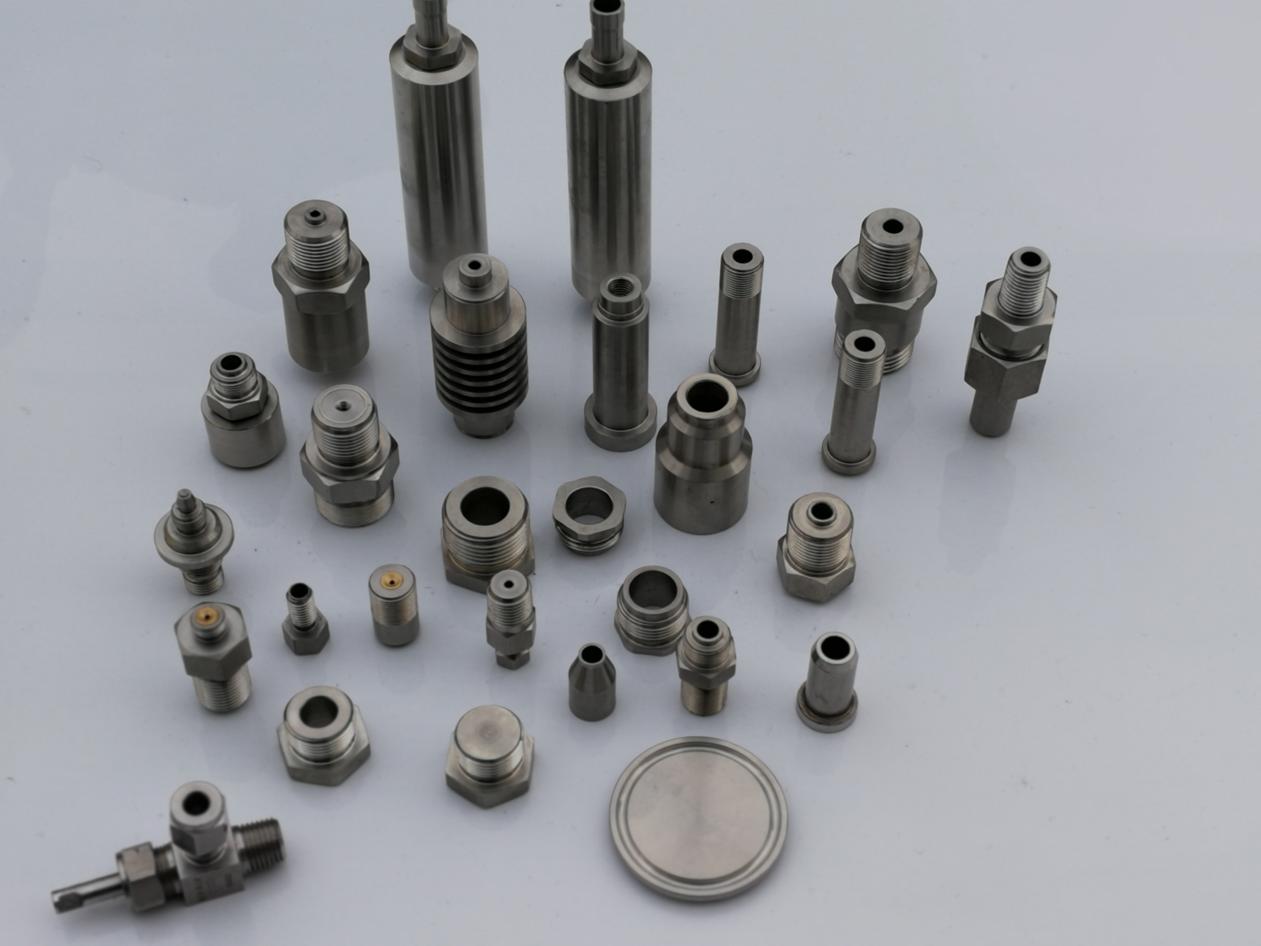Introduction to Connectors: Identifying Thread and Pitch

Thread And End Connection Foundation
• Thread type: external thread and internal thread refer to the position of the thread on the joint. The external thread is protruding on the outside of the joint, and the internal thread is on the inside of the joint. The external thread is inserted into the internal thread.
• Pitch: The pitch is the distance between threads.
• Addendum and root: The thread has peaks and valleys, which are called addendum and root, respectively. The flat surface between the tooth tip and the tooth root is called the flank.
Identify Thread Type
Vernier calipers, pitch gauges, and pitch identification guides can be used to determine whether the thread is tapered or straight.
Straight threads (also called parallel threads or mechanical threads) are not used for sealing, but are used to fix the nut on the tube fitting body. They must rely on other factors to form a leak-proof seal, such as gaskets, O-rings, or metal-to-metal contact.
Tapered threads (also called dynamic threads) can be sealed when the flanks of the external and internal threads are drawn together. Need to use thread sealant or thread tape to fill the gap between the tooth crest and the tooth root to prevent system fluid from leaking at the connection.
Measuring Thread Diameter
Use the vernier caliper again to measure the nominal external thread or internal thread diameter from the tooth tip to the tooth tip. For straight threads, measure any full thread. For tapered threads, measure the fourth or fifth full thread.
Determine The Pitch
Use a pitch gauge (also called a thread comb) to check the threads against each shape until you find a perfect match.
Establish The Pitch Standard
The last step is to establish the pitch standard. After determining the gender, type, nominal diameter and pitch of the thread, the thread identification guide can be used to identify the standard of the thread.
Post time: Dec-07-2021
